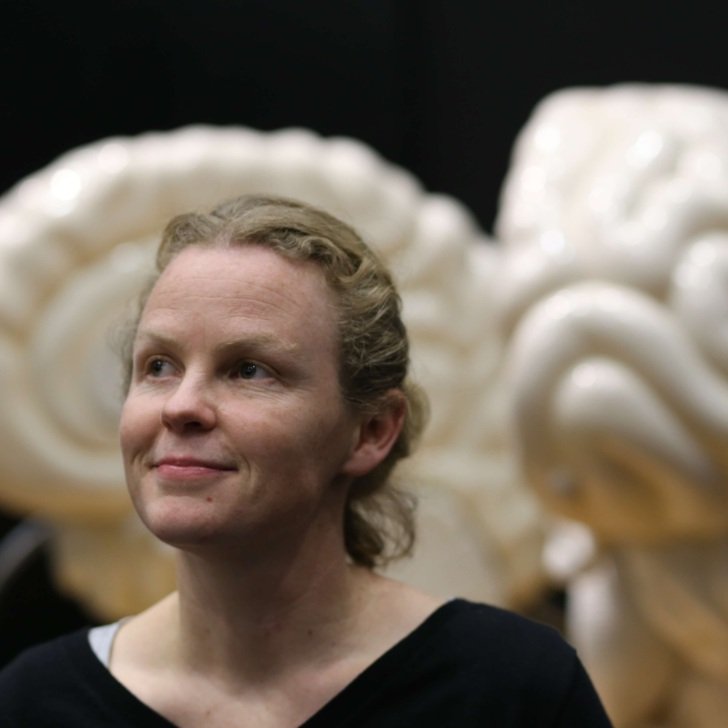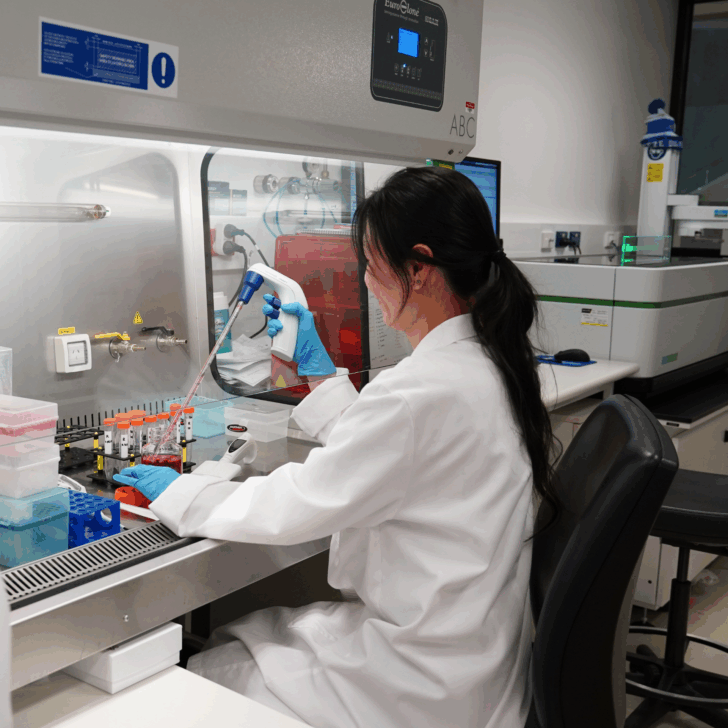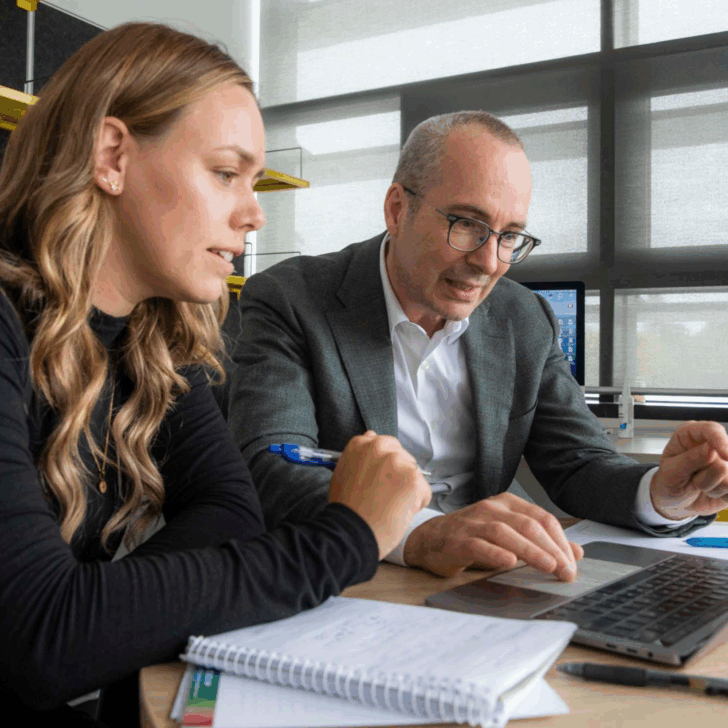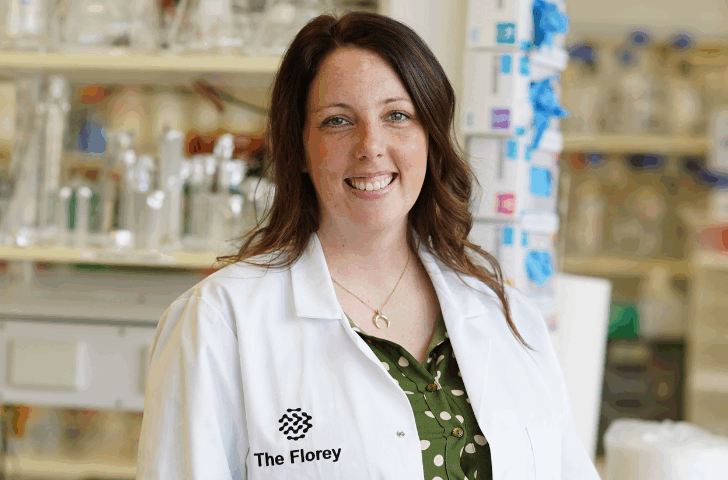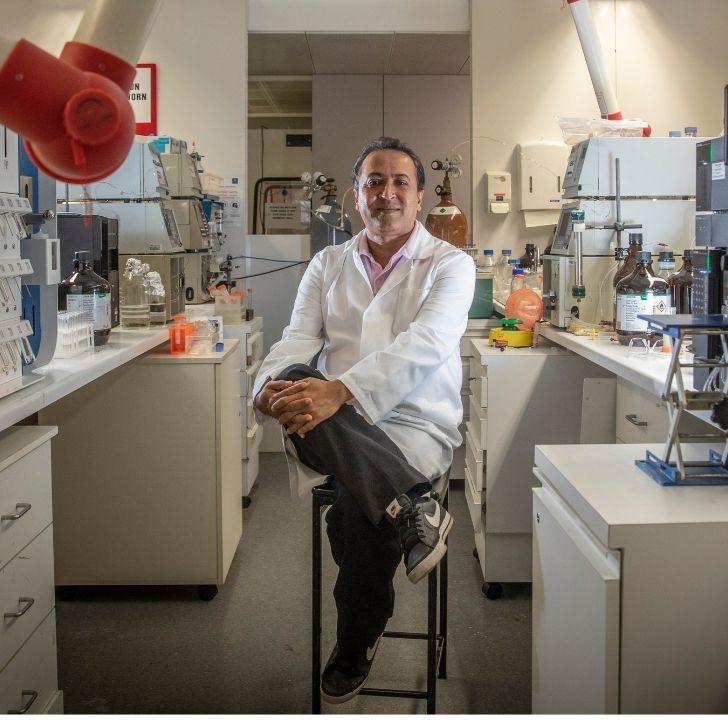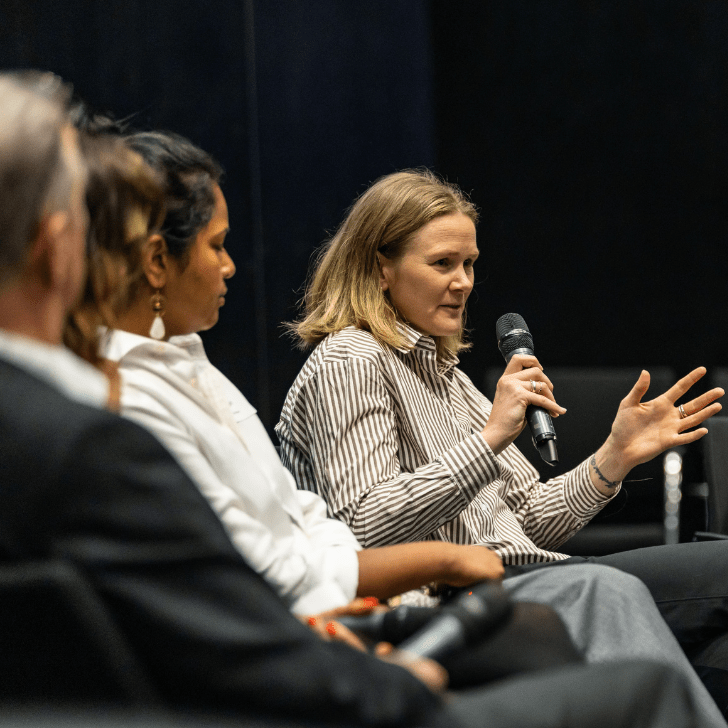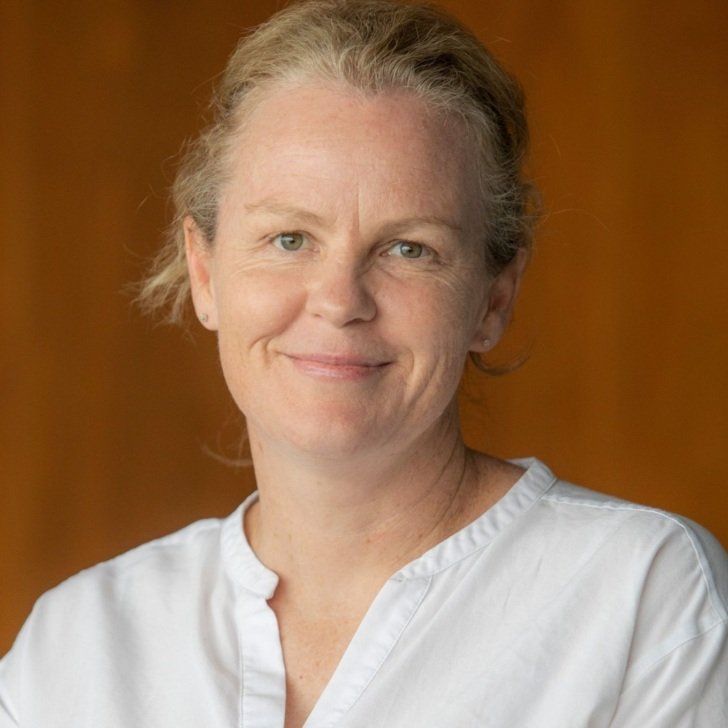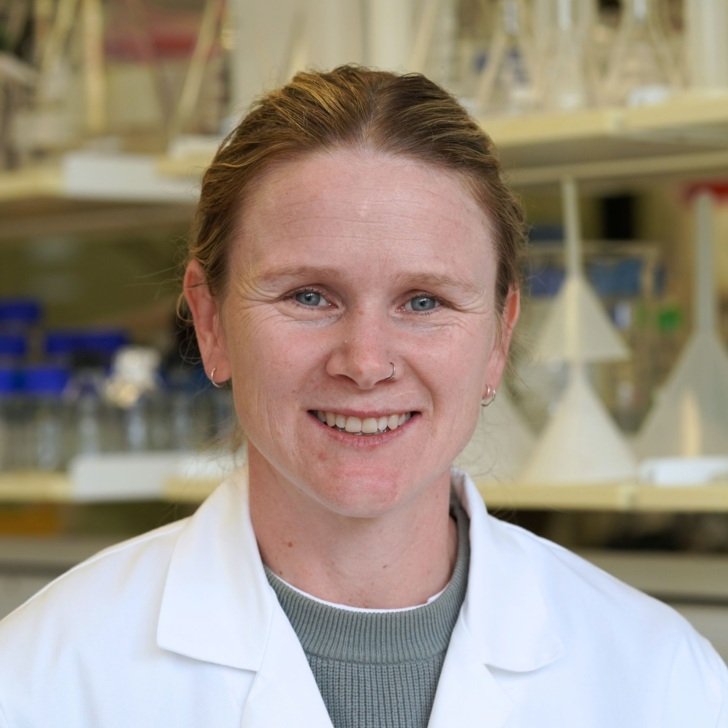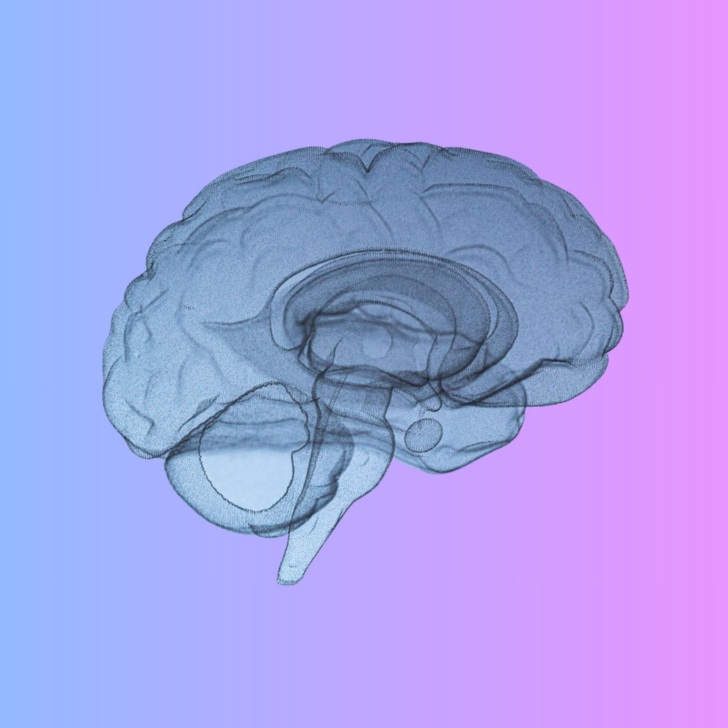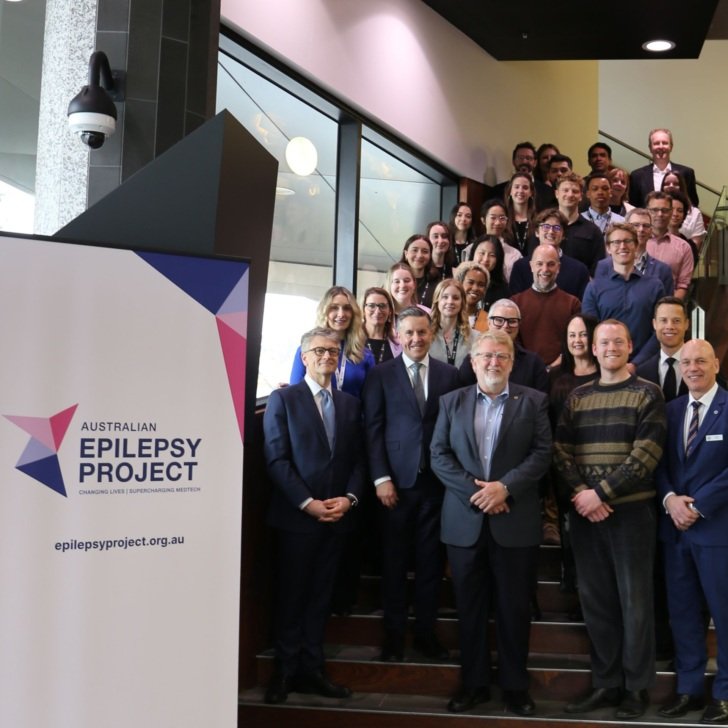Researchers at The Florey are one step closer to finding new treatments to prevent brain injuries after using a heart-lung machine during heart surgery – a technique used to take over the workload of the heart and lungs, diverting blood and oxygen around the body.
Up to half of heart surgery patients report delirium, short term memory loss, emotional disturbance, trouble concentrating or problem solving, and 1.2-1.6 per cent of patients develop stroke following their surgeries. Up until now, the reason for this has been unclear.
The research, published in Anesthesia & Analgesia today, show world-first evidence of heart-lung machines causing inflammation in the brain and – as a result – brain injuries in patients afterwards. It also shows why this is happening, paving the way for preventative treatments.
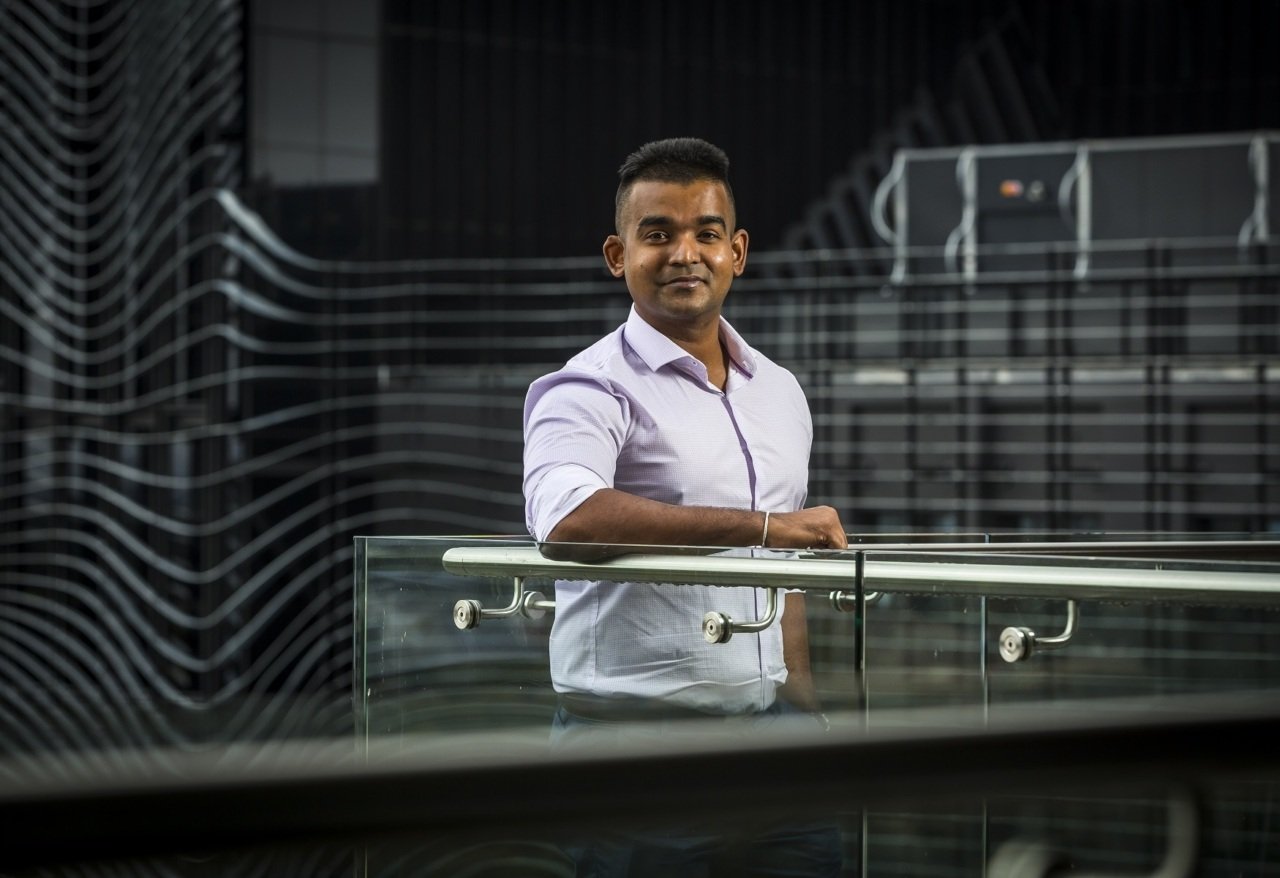
The lead researcher on this project, Associate Professor Yugeesh Lankadeva, says the findings will reduce the short-term risk of in-hospital death and improve the long-term quality of life for patients following heart surgery.
“When a patient has a heart transplant, a heart bypass or any procedures to repair or replace heart valves, the heart-lung machine is vital for cardiac surgeons to carry out these major operations. So, it was important to understand how this was impacting the brain,” says Associate Professor Lankadeva.
“We found that neurological complications are likely occurring due to a profound inflammatory response, most likely caused by the blood passing through the heart-lung machine. As it passes through this synthetic tubing and enters the body, inflammatory mediators are released within the bloodstream. This is known as a ‘systemic inflammatory response’ which causes neuroinflammation in several key regions of the brain.”
Researchers saw that the systemic inflammatory response is fast and was likely to be causing neuroinflammation by disrupting the blood-brain barrier, the biological wall that protects the brain.
Importantly, this research also disproves a theory that a lack of oxygen in the brain during surgery is the cause of acute brain injury. Instead, the team found that neuroinflammatory injury occurs even in the absence of reduced oxygen levels – also known as hypoxia – in the brain.
“Thanks to our research we know why these neurological complications occur and when to administer treatment for the best chance of success,” said Associate Professor Lankadeva.
Reaching this point was not without its challenges. Unless you can monitor the health of an organ throughout a procedure, it’s impossible to know what is causing damage to that organ, or when.
To understand more about how brain injury was occurring during heart surgery, Associate Professor Lankadeva’s team developed a pre-clinical model that enabled them to monitor brain health before, during and after surgery.
“The missing piece now is the treatment itself. That is our next step – to develop targeted therapies that prevent neuroinflammation from occurring, stopping injury to the brain before it happens. Our model will be an essential part of the pathway to develop these novel therapies,” he continued.
In fact, we hope this model will become an essential tool for all scientists and clinicians conducting cardiovascular and neurovascular research, enabling them to rapidly test experimental breakthroughs, bringing us one step closer to improving brain health outcomes for patients requiring heart surgery everywhere.
